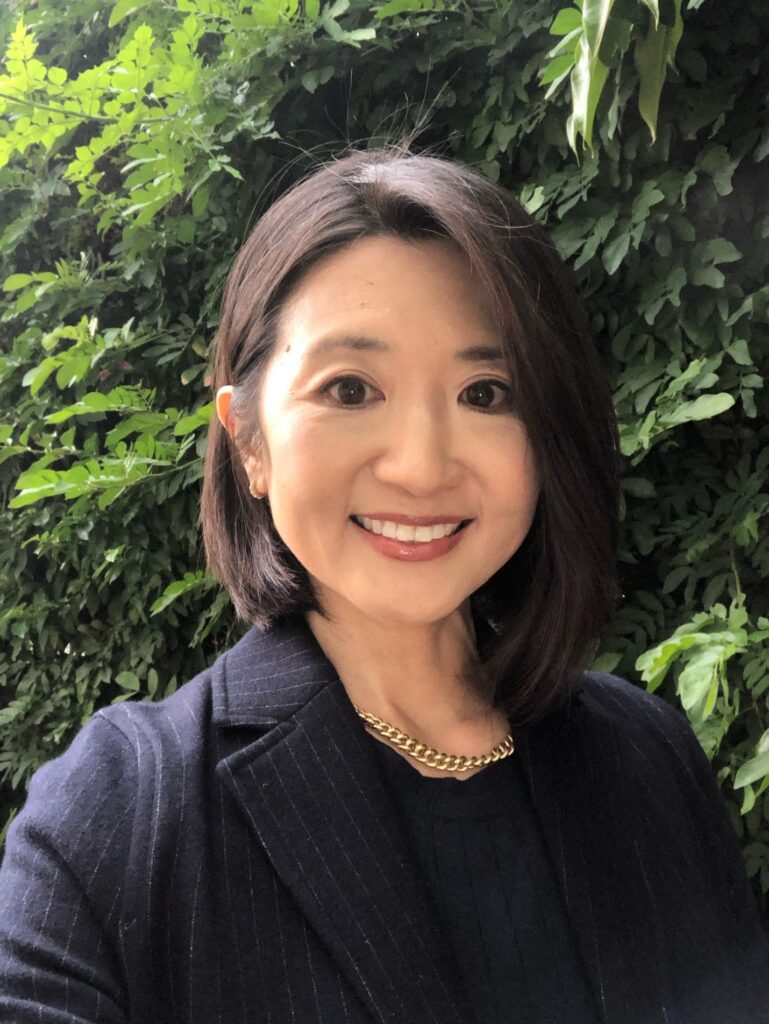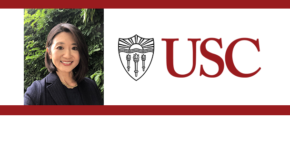 Is artificial intelligence the right tool for those in higher education to be using?
Is artificial intelligence the right tool for those in higher education to be using?
Helen Choi, senior lecturer in the engineering in society program at the University of Southern California, asks us to think about the question ethically.
Helen Choi is a Senior Lecturer in the Engineering in Society Program at the University of Southern California. She teaches courses in writing, communication, and information literacy, and she studies how Wikipedia writing can enhance ethical awareness among engineering students.
Because You Can, Should You?
The adoption of artificial intelligence in higher education can seem like a foregone conclusion, as surveys indicate that many students and administrators now rely on artificial intelligence-based tools like ChatGPT in their daily lives. Separate from this enthusiastic adoption, however, is the question of whether AI tools are appropriate for learning. But how should instructors decide whether AI is the right tool for them? The answer varies depending on the instructor, the course, the student, and the institution. So, how instructors make decisions is just as important as the decision itself.
I crafted an ethical framework to help instructors determine whether and how they might use technologies like AI in the classroom, so that they are encouraged to make deliberate decisions for the well-being of society, students, and themselves. The framework guides instructors to consider questions such as the technology’s purpose and educational effectiveness, its environmental and social impacts, the accountability of people who make the technology, and how the technology affects our well-being and community bonds.
This framework not only provides individual guidance to instructors, but initial research indicates that it can also generate productive discussion among faculty that extends beyond the myth that instructors who use AI are reckless and instructors who do not are afraid of technology, because all instructors want to do the right thing – regardless of their technology choices.
